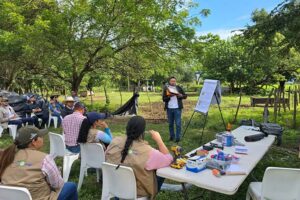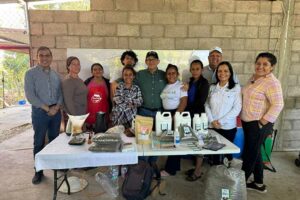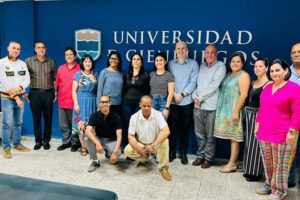Biological control: a tool for achieving healthier and more sustainable agricultura
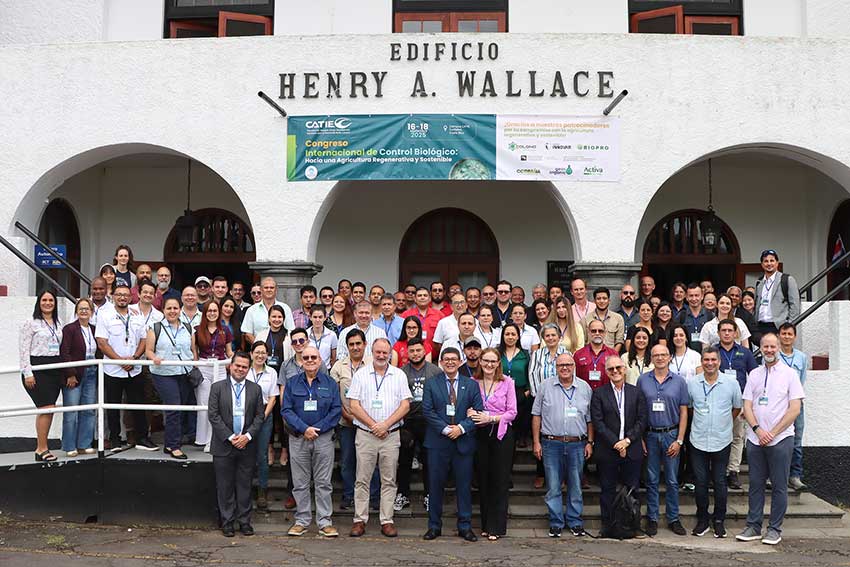
- International Congress brought together academics, producers, and the private sector to discuss their experiences in researching and implementing biological control for modern agriculture.
Exchanging knowledge among international experts, producers, and innovative companies to advance toward regenerative and sustainable agriculture was the motivation for the International Congress on Biological Control, held on the campus of CATIE (Tropical Agricultural Research and Higher Education Center) in Turrialba, Costa Rica, from September 16 to 18, 2025.
The event brought together leading research schools in biological control from different regions of the world, including Germany, Spain, Brazil, the United States, and Central America. Over three days, topics of great current importance were addressed, such as the use of biological control agents to combat pests and diseases in crops of nutritional and commercial importance, as well as the general improvement of soil and plant health.
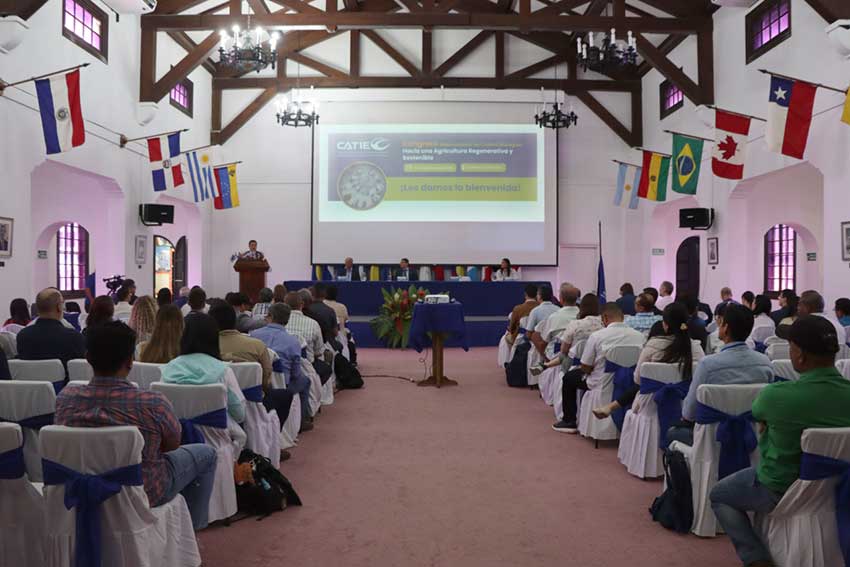
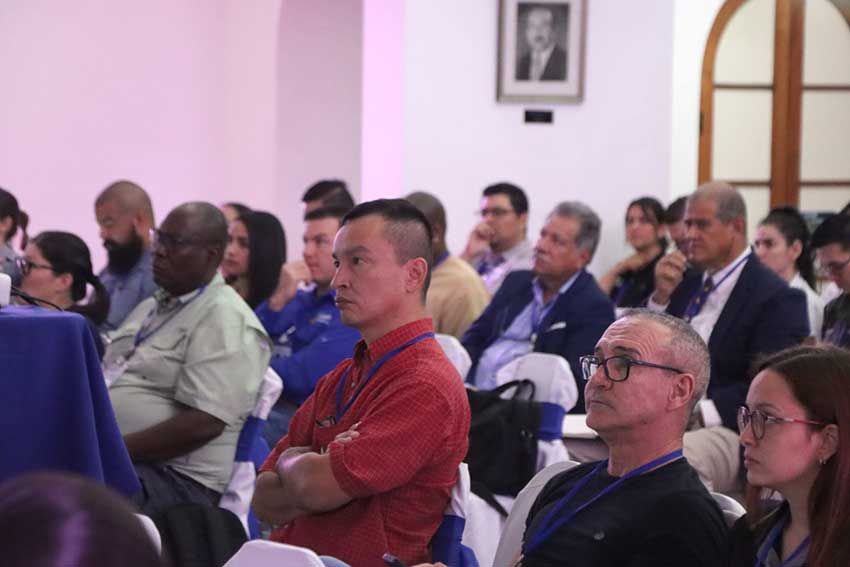
“CATIE is committed to sustainable production in agri-food systems. A key factor in achieving this is reducing the chemical load in all the food we consume, and biological control is definitely the most powerful weapon we have to do so,” said Dr. Luis Pocasangre, Director General of CATIE.
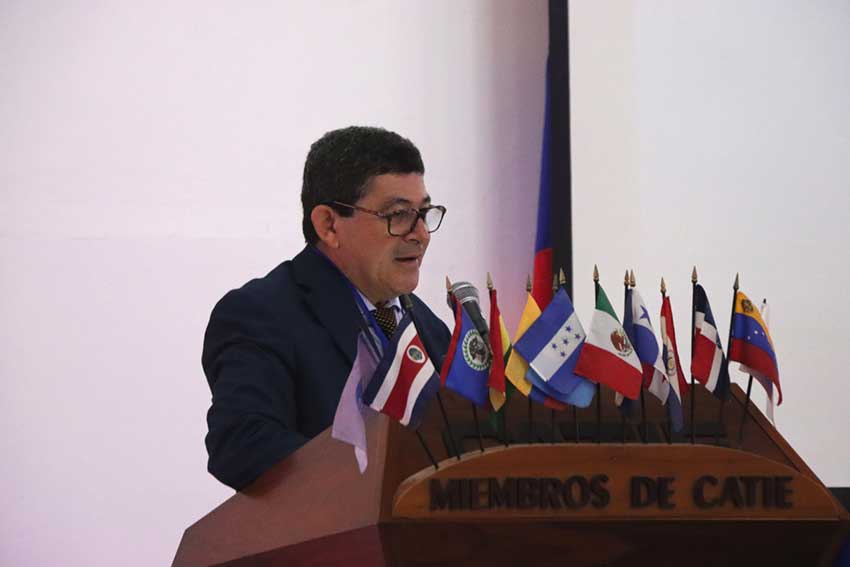
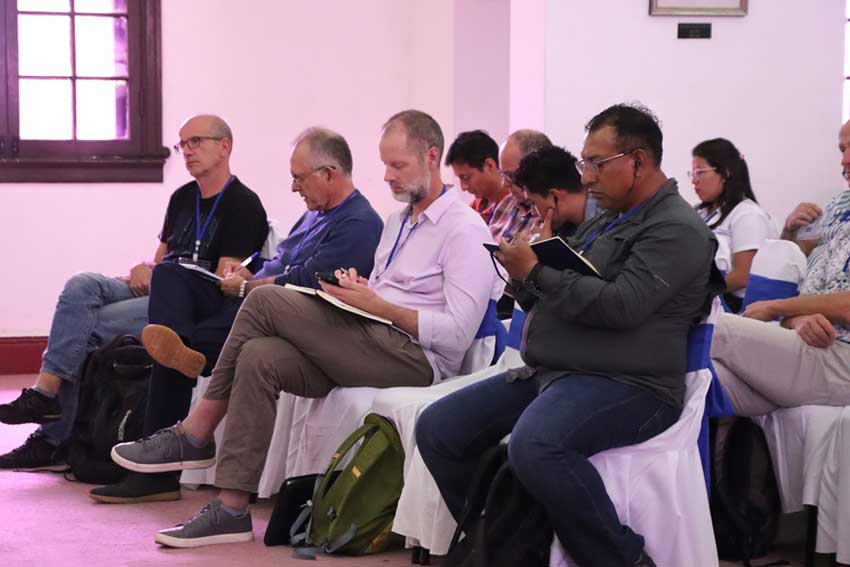
“We are very proud to host an event of this kind. Through science, innovation, and knowledge sharing, it is possible to build more resilient, regenerative, and life-friendly production models,” said Dr. Mariela Leandro, coordinator of CATIE's Center for Alternative and Regenerative Tropical Agriculture (CATAR).
"There is a major challenge in promoting the evaluation, validation, and scaling up of technologies related to bio-inputs, and only through cooperation between the different actors can we achieve success. There is also a major challenge in promoting sustainable ventures that can form alliances with public entities to ensure that the technology we develop actually reaches where it is needed," said Roberto Camacho, executive director of Costa Rica's National Institute for Innovation and Transfer in Agricultural Technology (INTA).
The CATIE International Congress on Biological Control held a special session dedicated to discussing the current state of biosecurity for the prevention and containment of Panama disease in banana crops, specifically the variant caused by the fungus Fusarium oxysporum f sp. cubense Race 4 Tropical (FOC R4T). The session was attended by specialists who have led research and prevention campaigns on the disease in Africa, Latin America, and the Caribbean. Fusarium oxysporum f sp. cubense Raza 4 Tropical (FOC R4T). En ella participaron especialistas que han liderado la investigación y campañas de prevención sobre la enfermedad en África y América Latina y el Caribe.
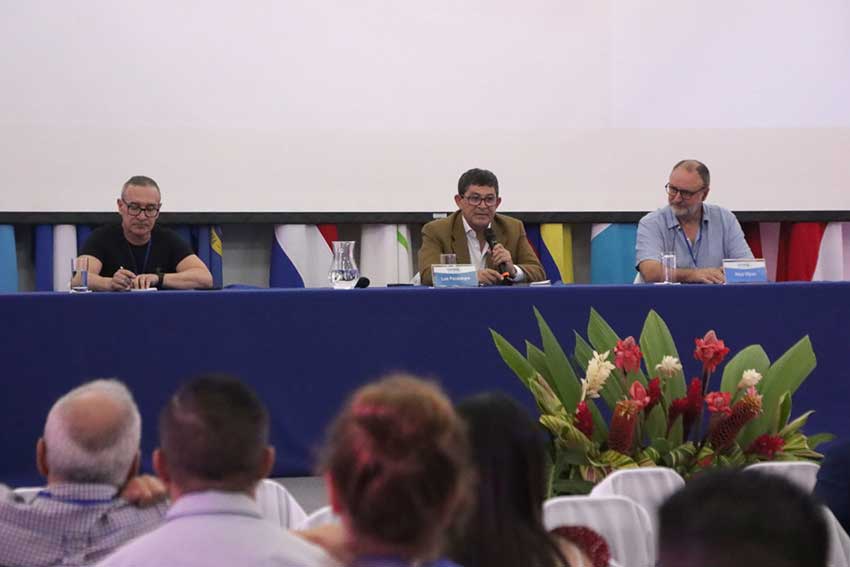
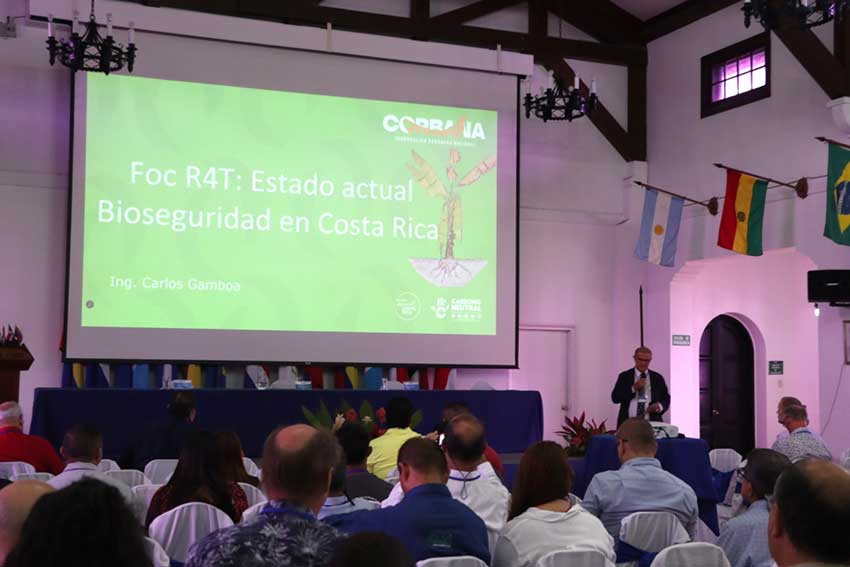
During the Congress, Prof. Dr. Richard A. Sikora, from the University of Bonn, Germany, was honored for his global contributions to the biological control of pests and diseases, as well as his mentorship of hundreds of researchers in this field worldwide.
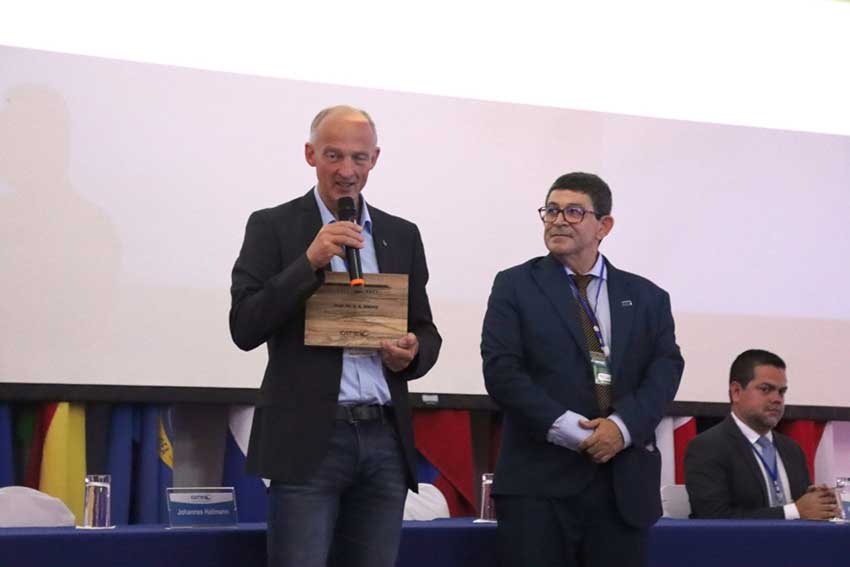
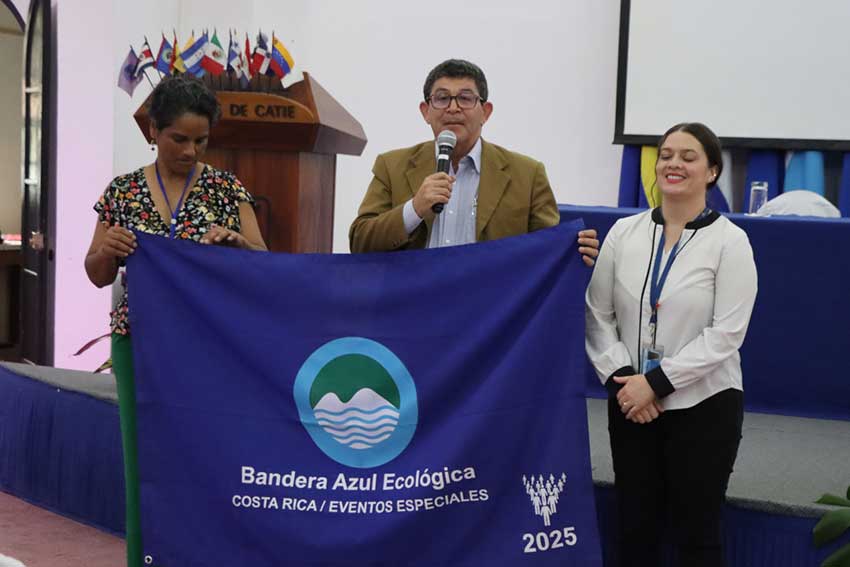
This activity also received the Ecological Blue Flag award in the special events category for the actions carried out by both the organizing committee and the participants to ensure sustainability and mitigate environmental impact.
More information:
Dra. Mariela Leandro
Coordinator
Center for Alternative and Regenerative Tropical Agriculture (CATAR)
CATIE
mleandro@catie.ac.cr
Written by::
Alejandro Portilla Navarro
Communicator
Communications and Marketing Office
CATIE
alejandro.portilla@catie.ac.cr

